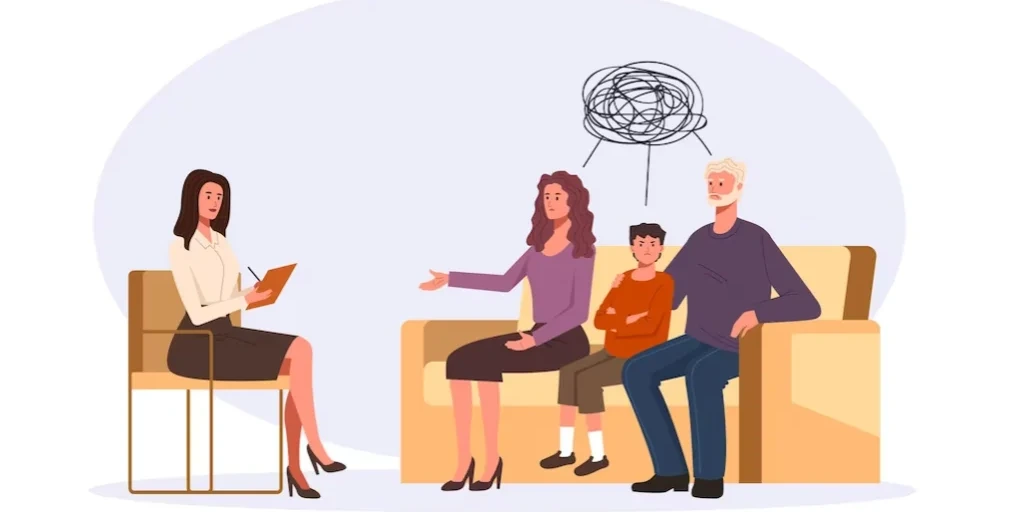24/7 Helpline:
(866) 899-221924/7 Helpline:
(866) 899-2219
Learn more about Executive Rehab centers in Gruetli Laager
Executive Rehab in Other Cities

Other Insurance Options

Sutter

UMR

Group Health Incorporated

Lucent

Premera

Coventry Health Care

Humana

MVP Healthcare

Sliding scale payment assistance

GEHA

United Health Care

Health Net

Molina Healthcare

Magellan

Horizon Healthcare Service

Amerigroup

Aetna

Medical Mutual of Ohio

WellCare Health Plans

Highmark










